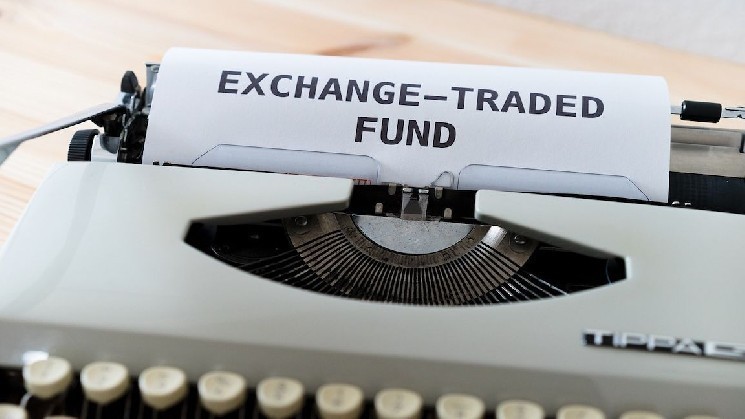UK Court Rules Shell Company Can Be Held Accountable For Decades Of Oil Pollution In Nigeria's Niger Delta, Begins Trial 2027 | Sahara Reporters
In a judgment delivered on Friday, June 20, 2025, Justice May of the UK High Court dismissed Shell’s attempt to escape responsibility for long-standing environmental destruction in the Bille and Ogale communities of Rivers State.
A United Kingdom (UK) High Court has ruled that oil giant Shell plc and its former Nigerian subsidiary, now known as Renaissance Africa Energy, can be held legally accountable for decades of devastating oil pollution in Nigeria’s Niger Delta region.
In a judgment delivered on Friday, June 20, 2025, Justice May of the UK High Court dismissed Shell’s attempt to escape responsibility for long-standing environmental destruction in the Bille and Ogale communities of Rivers State.
The decision is a major victory for residents who have fought for a decade to secure justice and hold the multibillion-dollar oil company accountable for the toxic aftermath of its operations.
The ruling follows a four-week preliminary issues trial held between February 13 and March 7, 2025, and clears the way for a full trial scheduled for early 2027.
That trial is expected to investigate Shell’s failure to clean up widespread contamination, its alleged complicity in illegal oil activities, and the damage caused by chronic oil spills across the two communities, whose combined population is over 50,000.
Reacting to the court’s ruling, King Bebe Okpabi, leader of the Ogale community, said: “It has been 10 years now since we started this case, we hope that now Shell will stop these shenanigans and sit down with us to sort this out. People in Ogale are dying; Shell need to bring a remedy. We thank the judicial system of the UK for this judgment.”
The court dismissed Shell’s argument that claims related to oil spills more than five years old should be time-barred.
Justice May ruled that if pollution remains on the land, it may constitute an ongoing breach of Shell’s legal duty to clean up. As such, “a new cause of action will arise each day that oil remains on a claimant’s land,” the court stated.
Shell’s attempt to limit its liability was dealt a significant blow.
The court found that the company could not evade responsibility simply because a spill occurred years ago, especially where no proper clean-up was conducted.
In a pivotal clarification, the court distinguished the case from the 2024 Supreme Court decision in Jalla v Shell, allowing the Nigerian communities to pursue claims despite the age of the pollution.
Matthew Renshaw, a partner at Leigh Day, the law firm representing the communities, hailed the decision as a breakthrough for environmental justice:
“Shell’s attempts to knock out or restrict these claims through a preliminary trial of Nigerian law issues have been comprehensively rebuffed. This outcome opens the door to Shell being held responsible for their legacy pollution as well as their negligence in failing to take reasonable steps to prevent pollution from oil theft or local refining.”
Shell also tried to escape liability by blaming pollution in the Niger Delta on illegal oil bunkering and artisanal refining.
But the judge rejected Shell’s attempt to wash its hands of accountability, finding that the company could still be liable if it failed to secure its infrastructure or if its own staff were complicit in the illegal activities.
“Shell could be liable for damage from bunkering or illegal refining if it failed to protect its infrastructure, and particularly if there is evidence that its own staff have been complicit in the illegal activities,” the court stated.
The communities allege that there is substantial evidence showing that Shell employees and contractors were directly involved in illegal oil bunkering—a central issue that will be addressed at the 2027 trial.
The claimants say the illegal practices have caused “devastating pollution in the Niger Delta” and that Shell’s knowledge and negligence have been instrumental in worsening the crisis.
Another key victory for the claimants came as the judge ruled that Shell plc, the UK-based parent company, could be held legally liable for the actions of its former Nigerian subsidiary. This decision builds on the landmark 2021 UK Supreme Court ruling in Okpabi v Shell, which opened the door for Nigerian victims to sue the multinational in British courts.
This latest ruling reinforces that position and could reshape the legal landscape for holding parent companies accountable for environmental abuses committed by their foreign subsidiaries.
Renshaw added: “This sets an important new legal precedent in environmental claims against multinational corporations.”
The court also examined whether Shell’s pollution violated the constitutional rights of Nigerian citizens. Although Justice May concluded that such legal interpretations should be left to Nigerian courts, she recognized the severity of environmental harm.
She stated: “Knowledge about the impact of environmental harm has moved on such that there is now a greater readiness to see polluting activities as capable of engaging the right to life.”
The communities had argued that Shell’s pollution violated their rights under the Nigerian Constitution and the African Charter on Human and Peoples’ Rights. While those constitutional arguments were not allowed to proceed in the UK court, Justice May noted the Nigerian Supreme Court is increasingly recognizing how pollution may violate fundamental human rights.
“The onus is now therefore on the Nigerian courts to clarify this point about whether an oil company such as Shell can be liable for breaches of fundamental constitutional rights arising from serious pollution,” the court noted.
The people of Bille and Ogale have endured environmental devastation for decades. Oil has contaminated their drinking water, destroyed their farms, killed off their fisheries, and caused a cascade of health problems.
Despite multiple promises and international pressure, no full clean-up has occurred, nearly 14 years after a 2011 United Nations Environment Programme (UNEP) report warned of widespread contamination and urgent risks to public health.
“Our clients reiterate, as they have repeatedly for 10 years, that they simply want Shell to clean up their pollution and compensate them for their loss of livelihood,” said Renshaw.
“It is high time that Shell stop their legal filibuster and do the right thing.”
The ruling means Shell and Renaissance Africa Energy could be forced to pay significant damages and fund a comprehensive clean-up of the areas affected, if the court finds them liable at the full trial in 2027.











